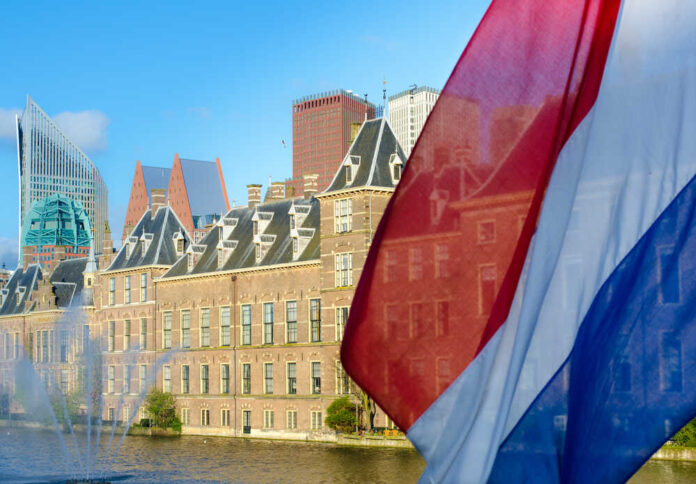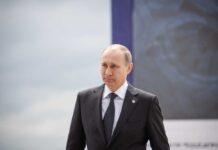American demands that ASML cease servicing some equipment it has provided to Chinese clients have created political and economic difficulties for the Dutch government. The Dutch government is reluctant to make a final judgment, but its public pronouncements and concerns about national security indicate that it will be hesitant to accept or refuse future maintenance requests from China. Due to the indispensability and inevitable breakdown of ASML gear, this would be detrimental to China’s efforts to establish its chip sector.
Additionally, this might make it harder for Rutte’s administration to prevent the largest Dutch corporation, ASML Holdings NV, from relocating its activities overseas. The Netherlands’ security objectives, especially its backing of Ukraine’s conflict with Russia, are one new element. After discussing ASML with Xi Jinping, China’s president, Prime Minister Mark Rutte, was cautioned against “decoupling and breaking links” with China.
The 198 Dutch nationals murdered in the 2014 downing of Malaysia Flight 17 over eastern Ukraine are being blamed by the Dutch on Russia. The International Criminal Court (ICC) has issued a warrant for Putin’s arrest, which is headquartered and maintained by the Hague. The warrant is based on charges of war crimes. The Dutch prime minister, Mark Rutte, has urged China to do more to prevent Russia from acquiring “dual-use goods” that have civilian and military uses, like the machinery and chips manufactured by ASML.
According to Thursday’s export-monitoring Dutch Foreign Ministry statement, the country would evaluate Chinese license requests individually, considering the potential hazards of their potential military use. However, with Xi’s policies of civil-military convergence, it will be hard for Dutch authorities to tell from a distance.
Maintenance accounts for about 20% of ASML’s income, and China is its third-biggest market after South Korea and Taiwan, so the impact of an indeterminate number of license rejections will be slow and limited. Over the last three years, the Dutch government has supplied equipment to Chinese chipmakers valued at 10 billion euros, or $11 billion. Much of this technology does not have export limitations.
Denial of a license might devastate individual Chinese chipmakers or factories due to the indispensability of ASML equipment in the chip manufacturing process. According to experts, Chinese chipmakers have shown to be surprisingly resilient in the face of penalties led by the United States. They are expected to find methods to design past these restrictions.


















